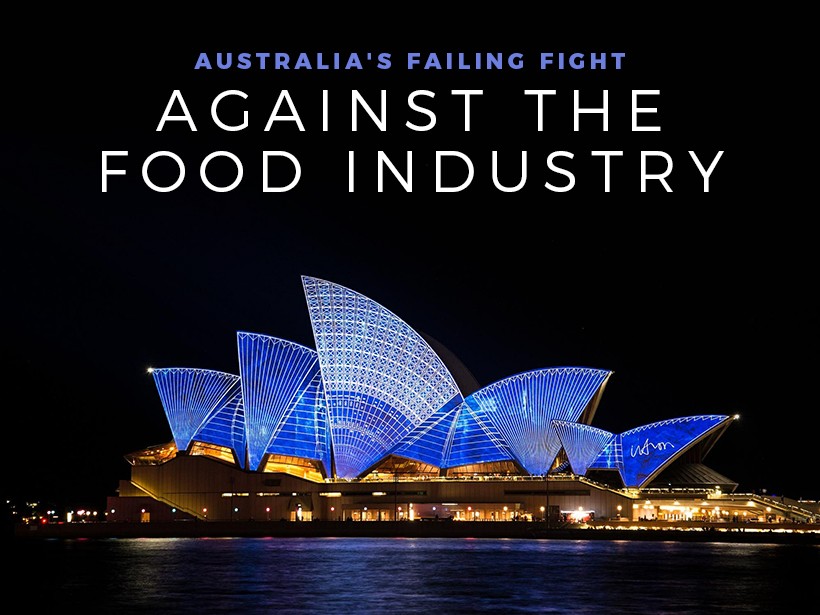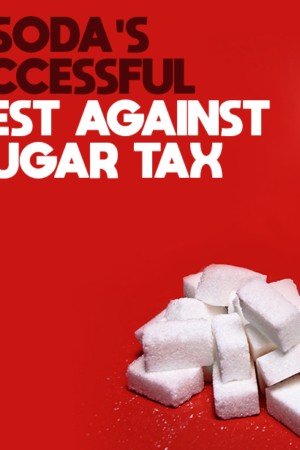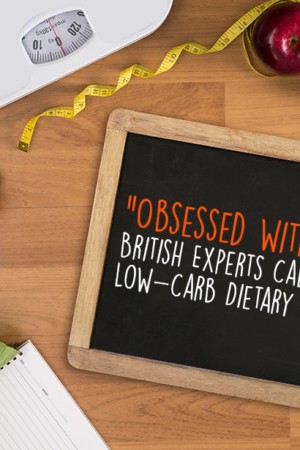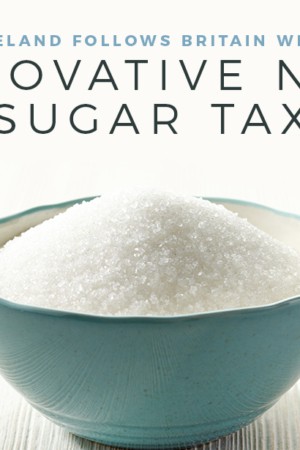As countries around the world adopt a host of new taxes and regulations that specifically target sugar in an effort to cut down on obesity, Australia is heading further and further into its own ever-expanding obesity crisis. The biggest reason for this, experts assert, is the government’s failure to effectively combat food industry lobbying practices. Now more than ever, Australians are in desperate need of a coherent strategy to slow the rates of obesity and obesity-related diseases and are calling on their government to create one.
Conflicts of Interest
More than 60 percent of Australians are overweight or obese, a rate that is one of the highest on the planet and expected to climb to 80 percent by 2025. What’s worse, Australia’s two leading federal health initiatives—the Healthy Food Partnership and the Health Star rating—were both designed and implemented by committees made up not only of government officials and health advocates, but members of the same food industry they were designed to regulate.1
Jane Martin, executive manager of the Obesity Policy Coalition, sat on the committee that put in place the Health Star rating system, which was developed to rate products from 1 to 5 depending on their nutritional value as compared to similar foods. “Some of the key elements that were on the table—such as that the system should be mandatory—ended up being off the table by the time negotiations closed,” says Martin. “That’s because the industry didn’t want it to be mandatory, so they took their time, they lobbied behind the scenes and it wasn’t made mandatory. That’s a big flaw in the system.”
Unhinged Lobbying from Big Soda, Others
As Martin suggests, such tactics are not specific to her experience but indicative of systematic dysfunction that puts political interests ahead of the reform that Australians so desperately need to see. Companies like Coca-Cola spend millions each year buying political influence, funding shaky research, and deflecting blame from sugar consumption.2 In its 2016 Annual Report, the Beverages Council said that it spent “vast amounts of resources” fighting against a sugar tax and was able to keep “the topic of a tax off the table from both of the major political parties.”
The science, however, is unflinchingly clear on the subject, as is the evidence that what ails Australians most is an overconsumption of sugary junk foods—soft drinks chief among them. Indeed, 81 percent of added sugar in the Australian diet comes from energy-dense junks foods, and half of that amount comes from sodas.3
Despite such frightening statistics, Australians are by no means alone in having been plagued by a growing obesity crisis that has reached its tipping point in recent years. The difference between Australia and countries like Britain, Mexico, Ireland, and even the United States is that the latter countries are fighting tooth-and-nail both in and outside of government for change, and their efforts are beginning to be reflected (however slowly) in official policy. While none of these countries are free from similar intrusions from Big Soda and the like, Australians will have to do more to close the door of their parliament to representatives of the food industry if they hope to slow their national health crisis any time soon.
NUTRITIONAL DISCLAIMER
The content on this website should not be taken as medical advice and you should ALWAYS consult with your doctor before starting any diet or exercise program. We provide nutritional data for our recipes as a courtesy to our readers. We use Total Keto Diet app software to calculate the nutrition and we remove fiber and sugar alcohols, like erythritol, from the total carbohydrate count to get to the net carb count, as they do not affect your blood glucose levels. You should independently calculate nutritional information on your own and not rely on our data. The website or content herein is not intended to cure, prevent, diagnose or treat any disease. This website shall not be liable for adverse reactions or any other outcome resulting from the use of recipes or recommendations on the Website or actions you take as a result. Any action you take is strictly at your own risk.
- For Keto, the Everyday Research Says it All - March 6, 2019
- Huge Harvard Study Backs Up the Wide-Ranging Benefits of a Low-Carb Diet - February 25, 2019
- Experts Convene for Keto Conference - July 30, 2018




